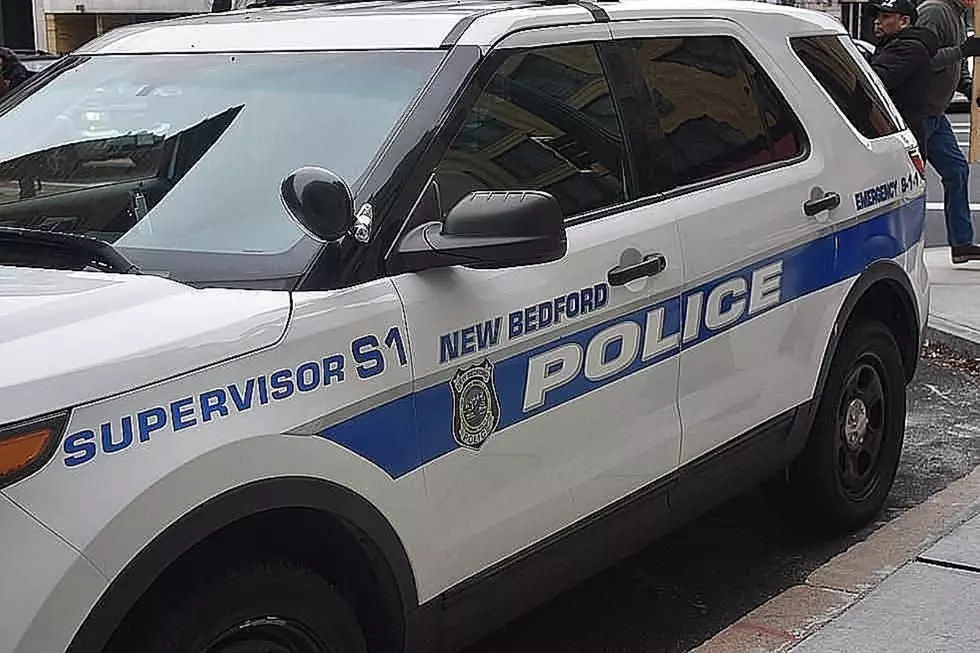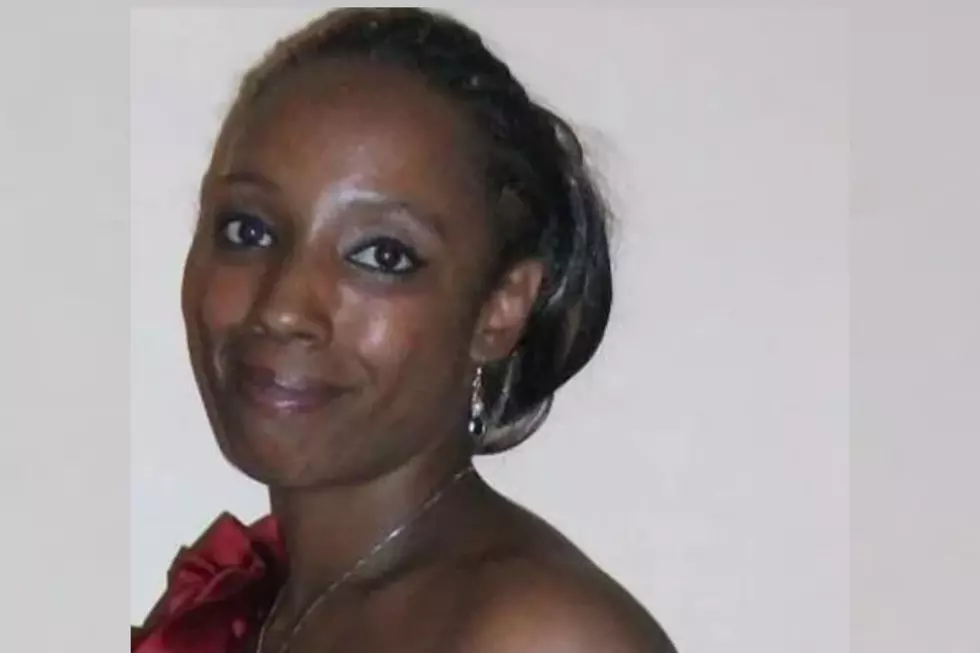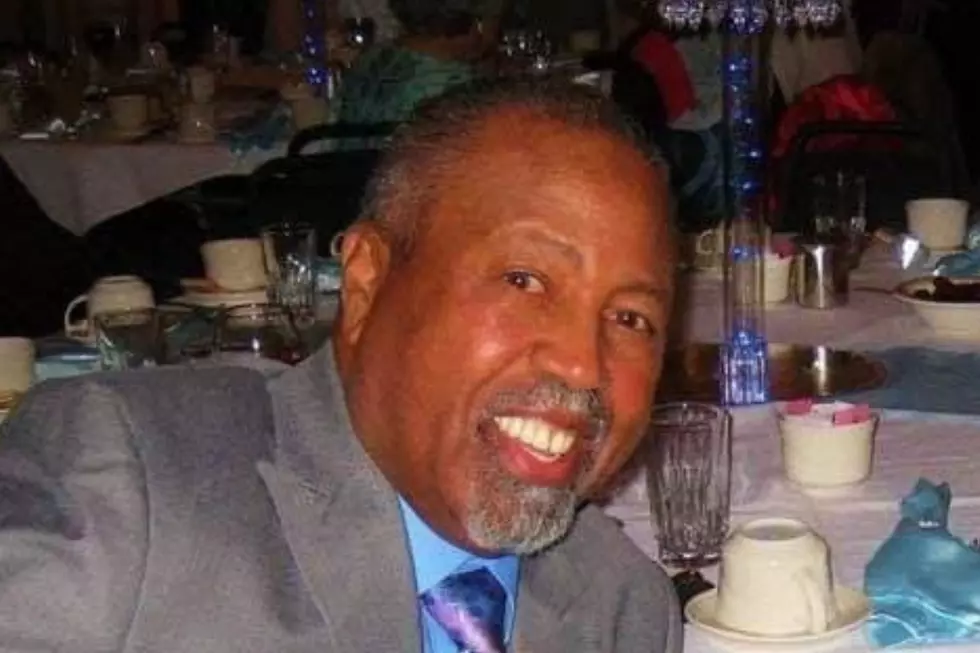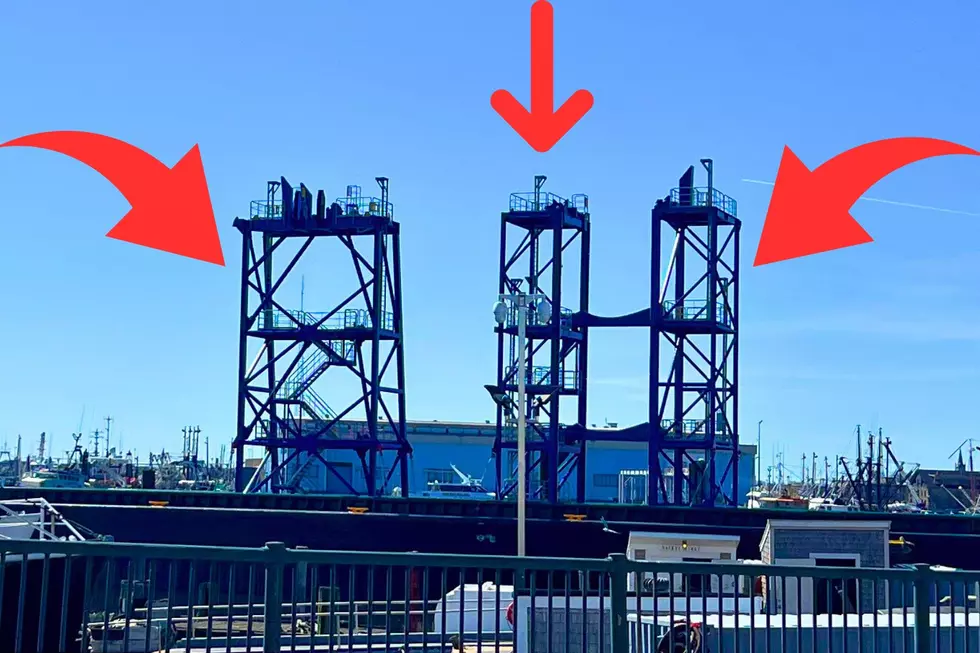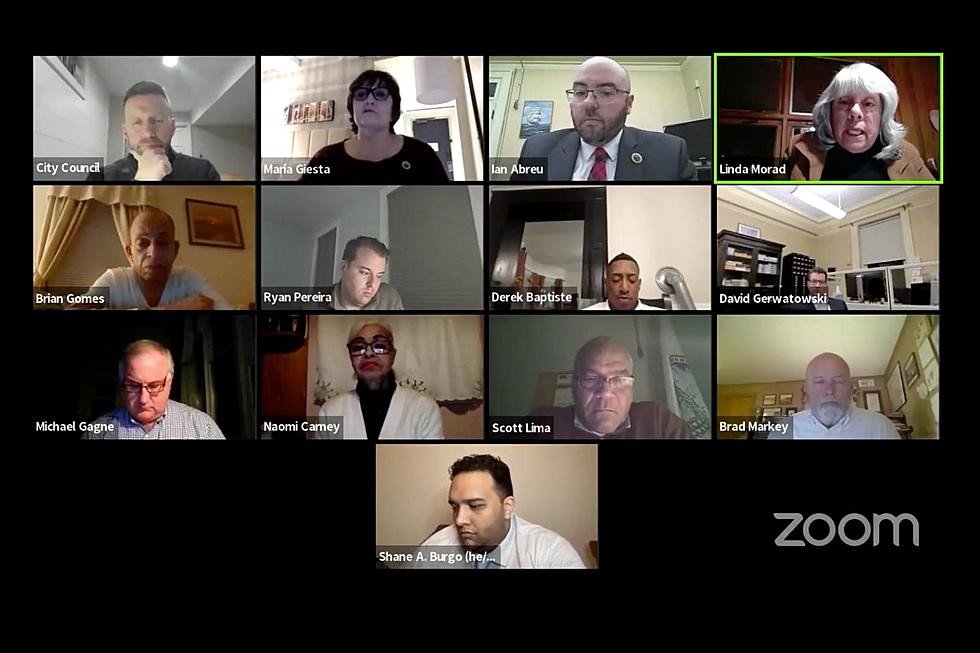
New Bedford City Council Approves Acceptance of ARPA Funding
More than seven months after first taking up the issue, the New Bedford City Council on Thursday night voted to accept the $64.7 million in federal COVID-19 relief funding under the American Rescue Plan Act.
The council approved the motion 8-3, with Councilors-at-Large Brian Gomes, Linda Morad and Naomi Carney each voting against it because the motion accepted Mayor Jon Mitchell’s plan for the funds as opposed to the plan devised by the council.
“What is about to happen is just another example of this administration only paying lip service to caring about what the average people of this city want, and is certainly the result of the power of a four-year mayor in office,” Morad said in her comments before the vote.
Mitchell’s administration first collected public input on how the ARPA funds should be spent back in July, and then came up with a plan allocating monies to specific categories permitted under the federal guidelines. Morad, then chair of the council’s Committee on Finance, came up with an alternative plan, asking each councilor to submit their own potential allocations to each category – adding another category, public safety – and then averaged out the amounts proposed by each councilor to come up with a final plan.
The council first referred the matter to its Committee on Finance back on August 19, 2021.

On February 28 – with Morad absent due to a family emergency – a vote to move forward with Morad’s averages failed 5-5. The committee then voted 6-4 to approve Mitchell’s now amended plan, which reallocated $3 million from the Arts, Culture, Hospitality and Tourism category to other categories.
However, a procedural issue occurred, in which the committee did not actually vote to send it to the full council, and so that vote was delayed to the next finance committee meeting on March 9. It could not be placed on the agenda for the March 10 city council meeting, though, because it would violate the Commonwealth’s Open Meeting Law to place it on the agenda within 72 hours of the meeting, so the vote was delayed to March 24.
Morad gave prepared comments during the discussion portion before Thursday night’s vote.
“With the vote that we’re about to take tonight, we’re going to hand a few special interest groups, many of who are non-tax paying organizations, monies that will further their organizations, all under the guise of economic development in the city,” she said.
One of her main concerns is that the Mitchell Administration is seeking to dole out ARPA money to those who can also come up with matching funds.
“The grant floor amounts that this administration will put as requirements for applications will be high and it will therefore eliminate many small hardworking businesses in our city and leave them out of any funding relief. Just watch,” she said. “These monies will do nothing to benefit the hardworking tax paying citizens of New Bedford, who will continue to see their taxes rise, and fees increased, as this city continues to bond monies for badly-needed projects and future unexpected expenditures. Mark my words.”
Morad also called out some of her colleagues for going with Mitchell’s plan and against the council’s wishes.
“As he does throughout his entire term, Jon Mitchell may appear to be listening, but he does not accept suggestions, he does simply what he pleases. There’s no checks and balances with this administration. Because it’s well known that several of us will always vote with the administration, which honestly flabbergasts me.”
Morad took issue with the notion that the council had been working with the Mitchell Administration on a compromise plan.
“Where’s the compromise?” she asked. “A $3 million reallocation from one of the administration’s suggested expenditure categories to another of the administration’s suggested expenditure categories, that constitutes a compromise?”
“So what we have here tonight is a simple $3 million reallocation between categories of the administration’s original proposal that will not make a difference in the lives of the average citizens and residents of the city, and will once again show that the council has zero ability to stand together to provide checks and balances that are fundamental to good government,” Morad said.
Gomes said he was voting against accepting the funds because he felt the process was unfairly handled, and the council has to watch where the funding goes.
“As long as I’m around, I’m going to chase every dollar and cent, and every organization that gets it, and it better be going to the people. It better be going to the people,” Gomes said. “Because if it’s going to salaries and wages and expansion of your operations and stuff, that’s not American Rescue. That’s greed.”
Carney, who had been advocating for half of the $64.7 million to go toward upgrades to the city’s wastewater system to get in line with federal guidelines, also voted against the motion because she felt it should have been Morad’s averaged-out plan moving forward.
“This is New Bedord’s money, it should be spent more on the citizens of New Bedford,” Carney said. “I don’t think there’s enough money going back to the residents of New Bedford to rescue them. The residents got hurt the most.”
Even Ward 1 Councilor Brad Markey, who now chairs the finance committee and who voted to accept the ARPA funds Thursday night, said the council must remain involved with the funding’s allocations and review all incoming Requests for Proposals from those seeking the funding.
“I really think it isn’t over with this vote tonight for our responsibility on the council,” he said. “We will have access to the RFPs, and we have to watch those RFPs.”
The council took up numerous other matters, including Mitchell’s Home Rule Petition to remove the positions of fire chief and deputy fire chief from the Civil Service system. Councilor Scott Lima made a motion to take no further action on the petition, and that motion passed 11-0.
Answers to 25 common COVID-19 vaccine questions
More From WBSM-AM/AM 1420
